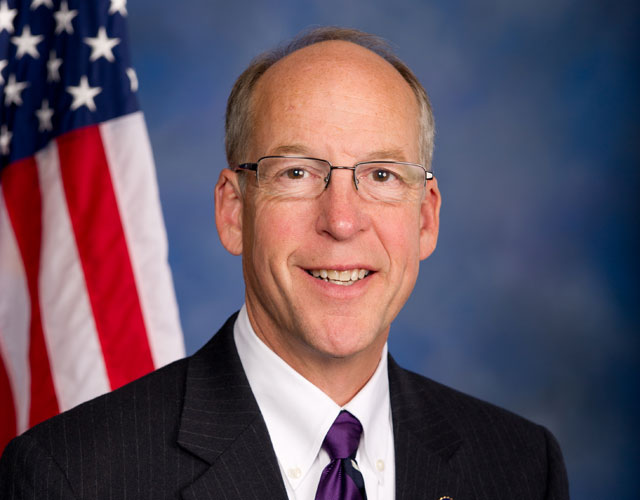GUEST POST: House Advances Bill to Preserve Internet Freedom
Rep. Greg Walden /
Recent efforts to regulate the Internet could jeopardize not only its vibrancy, but also the benefits it brings to the world.
Nations from across the globe met at the December 2012 World Conference on International Telecommunications in Dubai to consider changes to the International Telecommunications Regulations (ITRs). The treaty negotiations were billed as a routine review of rules governing ordinary, international telephone service. A number of countries—such as Russia, China, and Iran—sought to use the negotiations, however, to pursue regulation of the Internet through the International Telecommunication Union, a U.N. agency. None other than Russian President Vladimir Putin has been clear in his objective of “establishing international control over the Internet using the monitoring and supervisory capabilities of the International Telecommunication Union.”
The developments in Dubai were not unanticipated. That is why leading up to the conference, the House and Senate unanimously passed S. Con Res. 50, which expresses the sense of Congress that the Secretary of State and the Secretary of Commerce should preserve and advance the successful multistakeholder model that governs the Internet today.
Under the multistakeholder model, non-regulatory institutions develop—with public and private-sector input—best practices to manage the content, applications, and networks that make up the Internet. Governments’ hands-off approach has enabled the Internet’s rapid growth and made it a powerful engine of social and economic freedom. The Internet is organized from the ground up, not handed down by governments. This allows the Internet to evolve quickly, to meet the diverse needs of users around the world, and to keep governmental or nongovernmental actors from controlling the design of the network or the content it carries.
Buttressed by the unanimous passage of S. Con. Res. 50, the United States and 54 other countries left without signing the treaty; unfortunately, 89 nations did sign the treaty. The revised ITRs will be implemented by those nations beginning in January 2015. A number of conferences, including the upcoming World Telecommunication/ICT Policy Forum in Geneva and the ITU Plenipotentiary Conference in Busan, South Korea, will present additional opportunities for countries to pursue international regulation of the Internet.
I believe this is likely the start, not the end, of efforts to drag the Internet within the purview of international regulatory bodies. That is why I introduced legislation, H.R. 1580, that elevates the language of last year’s resolution from a sense of Congress aimed at particular treaty negotiations to a generalized statement of law, making it U.S. policy “to preserve and advance the successful multistakeholder model that governs the Internet.”
I am pleased to say that the House of Representatives passed H.R. 1580 unanimously yesterday, demonstrating our resolve to oppose efforts by authoritarian nations to exert their grip on the Internet. For the sake of the Internet and the social and economic freedom it brings, I hope the Senate will take action in short order.

